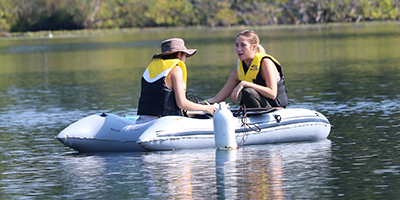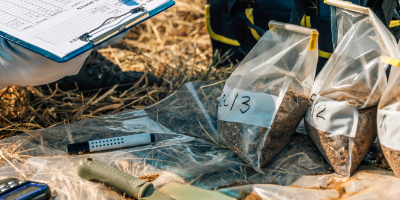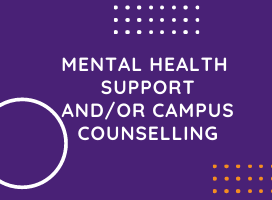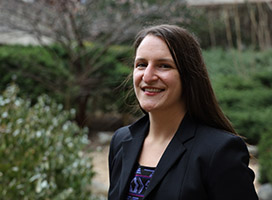
Integrating Indigenous worldviews into impact assessments
Cortney (Awasis) Golkar-Dakin wants to build relationships and solidarity with people engaged globally in de-colonization struggles. She has joined the Department of Geography and Environment as an Assistant Professor. Her research focuses on how to change the impact assessment processes, making the energy decision process more just and more sustainable.
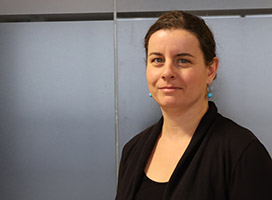
Public space and sense of place
Community is a driving force in Roza Tchoukaleyska’s research. She researches how public spaces contribute to the social life of cities, considering how changes to cities may alter a sense of community and sense of place. Tchoukaleyska has joined the department of Geography and Environment as an Assistant Professor.
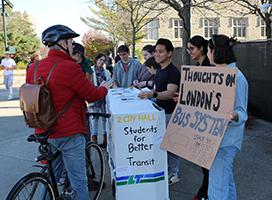
Western students tackle climate change with cardboard LTC bus
Geography 4450: Climate Change and Collective Action course took to concrete beach multiple times during the week of Nov. 7, with a large replica cardboard London Transit Commission bus. The students were collecting feedback on London’s public transport system and brought their concerns to City Hall.
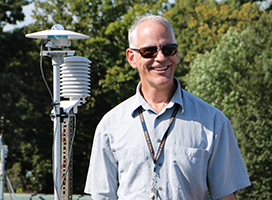
2022 Luke Howard Award Recipient
Dr. James Voogt is the 2022 recipient of the Luke Howard Award for Outstanding Contributions to the Field of Urban Climatology, given by the International Association for Urban Climate. Congratulations!
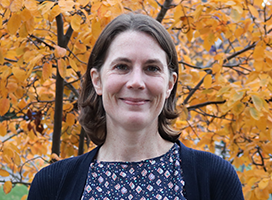
CBC News: Professors call on Western University to commit to divesting from fossil fuel industry
Dr. Carol Hunsberger spoke with CBC News about the growing need for Western University to divest its investments in the fossil fuel industry.
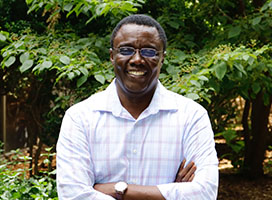
Western Distinguished University Professor
Dr. Isaac Luginaah has been described as “one of the stars of environmental health geography,” and nominators note his staggeringly high number of high-impact articles and book chapters, and his mentorship of colleagues and students.
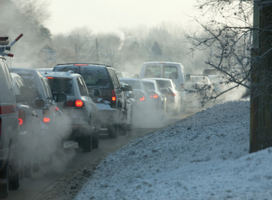
COVID-19 shutdown allows researchers to better measure urban heat islands
Cities create and capture heat, and new research from a team researchers, that includes James Voogt, sheds light on how much of that is related directly to human activity.”
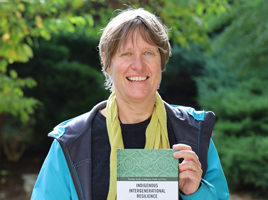
Solving the world’s problems through Indigenous connections
The world is in crisis – climate change, a pandemic, social and economic disparities, and an increase in white supremacy activities – and these problems are rooted in displacement and disconnection from place, and addressing them requires Indigenous-led, intergenerational resilience. This is the premise of Lewis Williams’ new book.
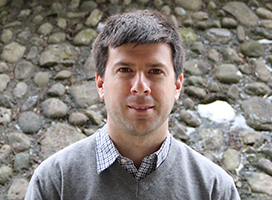
New study examines travel trends during COVID-19 lockdown
Researchers, led by Western University’s Jed Long, used de-identified and aggregated network mobility data to determine the effectiveness of Ontario’s regionally targeted lockdowns to reduce movement during the pandemic.
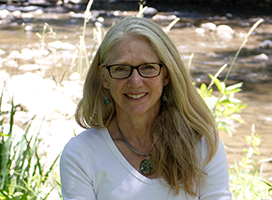
Teaching innovation tackles climate change
Our new course “Climate Change and Collective Action” was developed through a collaborative effort with Katrina Moser, Beth Hundey, Sara Mai and Serena Mendizabal. The course focuses on blending science and Indigenous knowledge to address climate change.
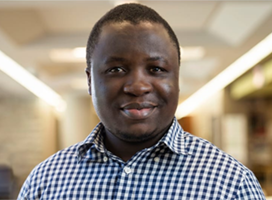
Elmond Bandauko awarded Vanier Canada Graduate Scholarship
Elmond Bandauko is investigating how urban governance impacts street traders’ lived experiences and their access to public space in Harare. Congratulations!
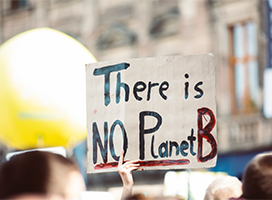
NEW Climate Change & Society Major
The climate crisis is one of the most urgent challenges facing society. This new major aims to help students address the multidimensional challenges the climate crisis poses.
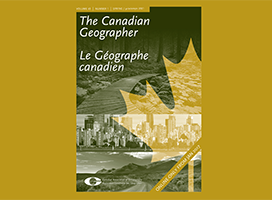
Geographies of Indigenous Health and Wellness
The Canadian Geographer's special section on Geographies of Indigenous Health & Wellness by co-edited by Chantelle Richmond and Elana Nightingale, which also includes a paper by Diana Lewis
 Follow us on Twitter
Follow us on Twitter




